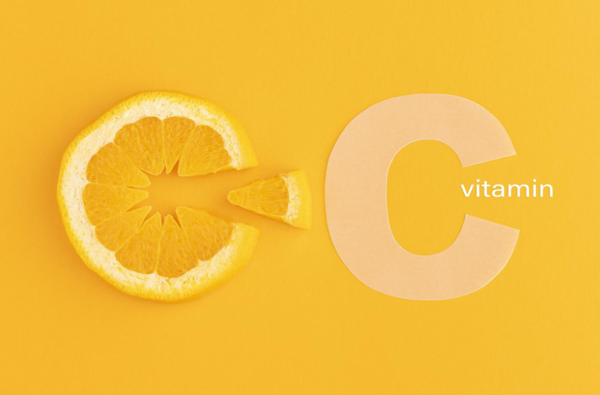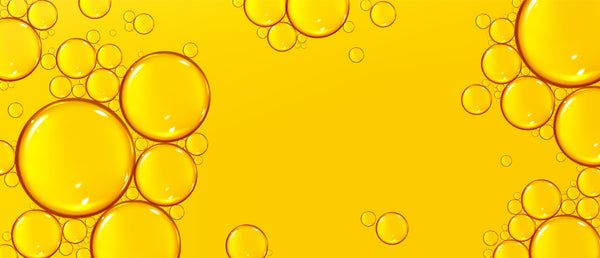Imagine this: You go for a routine health check-up, and your doctor tells you that your cholesterol levels are high. Panic sets in. You start imagining worst-case scenarios—blocked arteries, heart disease, maybe even medication for life. But wait! Before you jump to conclusions, let’s break it down.
Cholesterol isn’t entirely bad; in fact, your body needs it to function properly. It plays a key role in building cells, producing hormones, and supporting digestion. The real question is—what kind of cholesterol do you have more of? Because not all cholesterol is created equal. Some types help your heart, while others can pose serious risks.
So, let’s dive into the world of cholesterol and understand the good, and the bad, and how to keep your heart in top shape.
Types of Cholesterol: HDL vs. LDL
When we talk about cholesterol, we often hear the terms HDL (High-Density Lipoprotein) and LDL (Low-Density Lipoprotein) thrown around. But what do they really mean?
1. HDL – The Good Cholesterol
Think of HDL as the “cleanup crew” of your bloodstream. This type of cholesterol removes excess cholesterol from your arteries and carries it back to the liver, where it is processed and eliminated. The higher your HDL levels, the better your heart health. It helps prevent plaque buildup in arteries, reducing the risk of heart disease and stroke.
How to Boost HDL?
-
Eat healthy fats from nuts, olive oil, and fatty fish.
-
Exercise regularly—cardio workouts work wonders!
-
Quit smoking, as it lowers HDL levels.
2. LDL – The Bad Cholesterol
LDL, on the other hand, is the troublemaker. It transports cholesterol to the arteries, and if there’s too much of it, it can lead to plaque buildup, narrowing the arteries and increasing the risk of heart disease.
What Increases LDL?
-
Diets high in saturated fats and trans fats (fried food, processed snacks, and red meat).
-
Lack of physical activity.
-
Excess weight and smoking.
Apart from HDL and LDL, there’s another important player—triglycerides. These are a type of fat stored in the body. High triglycerides combined with low HDL and high LDL levels can be a recipe for cardiovascular problems.
Factors Affecting Cholesterol Levels
Now that we understand the types of cholesterol, let's look at what influences your cholesterol levels.
1. Diet – You Are What You Eat!
Your food choices play a major role in your cholesterol levels. Foods rich in saturated and trans fats (think: burgers, fries, and pastries) increase LDL, while fiber-rich and healthy-fat foods (avocados, nuts, and fish) help increase HDL.
What to Eat:
-
Good Fats: Avocados, nuts, seeds, fatty fish.
-
Fiber-Rich Foods: Oats, beans, lentils, vegetables.
-
Antioxidant-Rich Foods: Berries, green tea, dark chocolate.
What to Avoid:
-
Processed and fried foods.
-
Sugary snacks and soft drinks.
-
Excessive red meat consumption.
2. Lifestyle – Move More, Stress Less
A sedentary lifestyle is a major contributor to high LDL and low HDL levels.
-
Exercise regularly: Aim for at least 30 minutes of physical activity daily—walking, running, yoga, or dancing, whatever keeps you moving!
-
Manage stress: Chronic stress increases inflammation, which can worsen cholesterol levels.
-
Quit smoking and limit alcohol: Smoking lowers HDL and increases LDL, while excessive alcohol can raise triglycerides.
3. Genetics – The Uncontrollable Factor
Sometimes, despite doing everything right, your cholesterol levels may remain high due to genetic factors. In such cases, lifestyle modifications may not be enough, and your doctor might recommend medications or natural supplements to keep your cholesterol in check.
Easy Ways To Manage Cholesterol Naturally
While medication is an option, making natural changes can have long-term benefits. Here’s how you can manage cholesterol levels without relying solely on pills:
1. Foods That Help Regulate Cholesterol
Foods containing at least 0.65g per serving of phytosterols, eaten twice a day with meals for a total daily intake of at least 1.3g, as part of a diet low in saturated fat and cholesterol, may reduce the risk of heart disease.
-
Garlic & Ginger: Have been shown to help lower LDL naturally [NIH].
-
Green Tea: Rich in catechins that support heart health [NIH].
-
Omega-3 Fatty Acids: Found in fish and flaxseeds, they help lower triglycerides [NIH].
2. Supplements for Cholesterol Management
If you’re looking for an extra boost, natural supplements can complement your diet and lifestyle changes.
-
Omega-3 Supplements: If you don’t eat enough fish, an omega-3 supplement can help.
-
Plant-Based Fiber Supplements: Support digestion and help in removing excess cholesterol.
-
Plant sterol-based supplements: Ones consisting of plant sterols that act as natural cholesterol reducers like Vegapure and Corowise can help reduce cholesterol absorption and support your heart health.
Remember, cholesterol isn’t the villain we once thought it was. The key is balance—more HDL, less LDL. By making small but impactful changes to your diet, lifestyle, and daily habits, you can take charge of your heart health.
The journey to balanced cholesterol levels isn’t about deprivation—it’s about smart choices. So, swap that deep-fried snack for a handful of almonds, take the stairs instead of the elevator, and incorporate heart-healthy habits into your routine. Your heart will thank you!
Want to take your health to the next level? Explore natural ways to support your cholesterol management journey!
FAQs
1. What is the ideal cholesterol ratio?
The ideal cholesterol ratio is determined by dividing total cholesterol by HDL cholesterol. A ratio below 5:1 is considered healthy, with the optimal target being 3.5:1. Lower ratios indicate better heart health as they reflect higher levels of protective HDL.
2. Why is HDL cholesterol considered "good"?
HDL (High-Density Lipoprotein) is called "good" cholesterol because it helps remove excess cholesterol from the arteries and transports it to the liver for elimination. This reduces plaque buildup and lowers the risk of heart disease and stroke.
3. How can I increase my HDL cholesterol?
To boost HDL, incorporate healthy fats like nuts, olive oil, and fatty fish into your diet, engage in regular physical activity, quit smoking, and manage stress. These lifestyle changes help improve cholesterol balance and support heart health.
4. How often should I check my cholesterol levels?
It’s recommended to check cholesterol levels at least every 4-6 years for adults with no risk factors. However, if you have a family history of high cholesterol, heart disease, or other risk factors, annual or more frequent testing may be necessary.


























